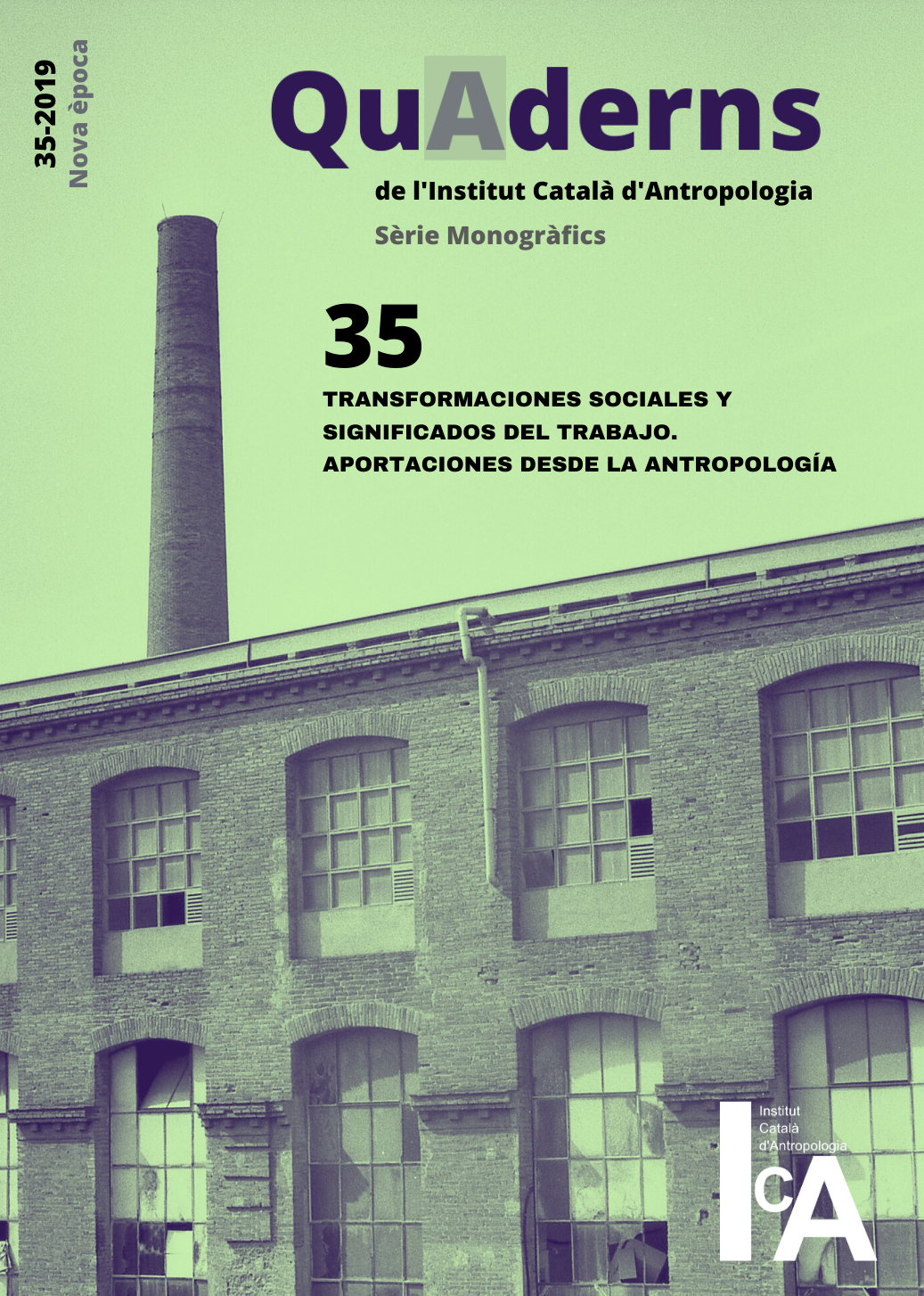El horror de la industria doméstica: explotación, resistencia y cambio social en la agricultura capitalista
Paraules clau:
agricultura, explotación, industria doméstica, inmigración, IrlandaResum
La industria irlandesa del champiñón experimentó un “milagro económico” en los años ochenta del siglo pasado. En un contexto de recesión económica con un alto porcentaje de desempleo, la industria del champiñón creó trabajo y medios de vida en zonas rurales. Cambios tecnológicos impulsados por el gobierno irlandés hicieron rentable la pequeña producción de champiñones, pero el modelo de desarrollo económico estuvo basado en la implantación de la “industria doméstica” en el campo irlandés con todas sus connotaciones decimonónicas. En la primera década del siglo 21, trabajadores inmigrantes no comunitarios substituyeron a la mano de obra local. La intensificación de la explotación de la mano de obra asalariada condujo al escándalo mediático de la “explotación” de trabajadores inmigrantes y a la intervención de sindicatos y oenegés. ¿Cómo fue posible la reintroducción de la “sweatshop” con dinero público en un país de la Unión Europea? ¿En qué consistió y cómo se justificó cultural y socialmente?
Descàrregues
Global Statistics ℹ️
|
471
Views
|
305
Downloads
|
|
776
Total
|
|
Descàrregues
Publicades
Com citar
Número
Secció
Llicència
(CC BY-NC-SA 4.0)




